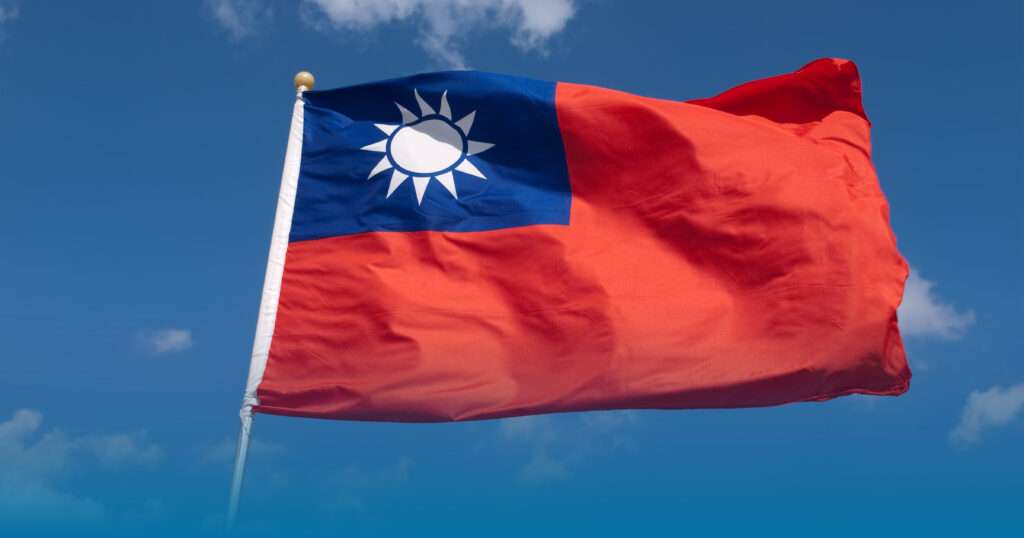As global pharmaceutical companies intensify their focus on Asia-Pacific markets, Taiwan has emerged as a key strategic hub offering a stable regulatory environment, robust IP protection, and a high generic drug uptake under a universal healthcare system. Despite its relatively modest population, Taiwan punches above its weight in terms of healthcare spending and quality standards.
For generic drug manufacturers aiming to tap into this high-potential market, navigating the Taiwan Food and Drug Administration (TFDA) regulatory framework is critical. While Taiwan’s regulatory system is well-structured and aligned with international norms (ICH, PIC/S), its local nuances demand detailed planning and technical precision especially for generic drug submissions requiring bioequivalence and GMP alignment.
This guide breaks down the essential regulatory steps, timelines, and best practices for successful generic drug registration in Taiwan offering a roadmap for strategic market entry and long-term success.
Taiwan's Regulatory Authority: TFDA
All the processes related to Generic drug registration in Taiwan isare overseen by the Taiwan Food and Drug Administration (TFDA), under the Ministry of Health and Welfare (MOHW). The TFDA operates a centralized drug review system and has made significant strides toward harmonizing its regulations with international standards, including those of ICH, PIC/S, and ASEAN.
Why Taiwan?
- Pharmaceutical Market Size (2024): ~USD 7.6 billion
- Generics Penetration: Approximately 60% of all prescriptions
- Universal Health Coverage: National Health Insurance (NHI) promotes affordable generics
- Quality Expectations: High – Taiwan is a PIC/S member and aligns with ICH Q guidelines
Classification of Generic Drugs in Taiwan
In Taiwan, generic drugs are defined as:
“A product that is pharmaceutically equivalent or therapeutically equivalent to a reference listed drug (RLD), and has the same active ingredient(s), strength, dosage form, and route of administration.” — TFDA
Generics drugs are classified into two broad categories:
- AB-rated generics: Require bioequivalence (BE) studies
- Non-AB-rated generics: Require justification for waiver of BE studies, often based on BCS class or in vitro equivalence
Key Regulatory Requirements for Taiwan Generic Drug Registration Process
- Drug Master File (DMF) and CMC Documentation
- Full Chemistry, Manufacturing, and Controls (CMC) data
- Active Pharmaceutical Ingredient (API) sourced from GMP-compliant manufacturers
- Local site inspection may be triggered if GMP certification is not aligned with TFDA standards
- Bioequivalence Studies (BE)
- BE studies are mandatory unless a waiver is justified (e.g., BCS Class I drugs)
- BE studies must be conducted at TFDA-approved CROs, or in countries whose BE data is accepted (e.g., US, EU, Japan under MRA)
- Common Technical Document (CTD) Format
- Submissions must follow CTD structure (Modules 1–5)
- Taiwan uses a localized CTD format, closely aligned with ICH, but with specific TFDA preferences
- Pharmaceutical Inspection Cooperation Scheme (PIC/S) GMP Compliance
- Manufacturing sites (both local and foreign) must comply with PIC/S GMP standards
- On-site inspection or paper-based GMP certification review required
- Labelling and Packaging
- Labelling must be in Traditional Chinese
- Includes RLD comparison statements, indications, warnings, and dosage forms
- Stability Testing
- Must follow ICH Q1A (R2) guidelines
- Tropical zone stability data required (Zone IVb)
Regulatory Timelines for Taiwan Drug Approval Process
Step | Timeframe |
Dossier Submission | Rolling (no specific window) |
Administrative Screening | ~30 working days |
Technical Review + BE Review | ~180–270 working days |
Total Approval Timeline | ~9–12 months (can vary) |
Strategic Recommendations For Taiwan Generic Drug Registration Process
- Early BE Planning
Many companies underestimate the BE expectations of the TFDA. Initiate BE studies early and ensure the protocol is aligned with TFDA preferences. Consider a pre-submission meeting with the TFDA for clarification.
- Choose a TFDA-Accepted CRO
TFDA maintains a list of accepted international BE centers. Using a recognized facility reduces the risk of repeat studies or rejection.
- Align with PIC/S GMP Early
Even if your facility holds US FDA or EU GMP certification, TFDA may require additional evidence or inspection. Early submission of a GMP Compliance Package is advisable.
- Local Representation is Mandatory
Foreign MA holders must appoint a Taiwan-registered agent for all interactions with TFDA. Choose one with proven regulatory expertise, especially for generics.
- Plan for NHI Reimbursement
Registration approval doesn’t guarantee NHI listing. Companies must apply separately to the National Health Insurance Administration (NHIA) and undergo price negotiation.
Recent Regulatory Developments (2023–2025)
- Digital Submissions: TFDA has begun piloting eCTD formats and digital platforms for drug applications.
- BE Guideline Updates: Revised in 2023 to strengthen requirements for highly variable drugs and modified-release formulations.
- Priority Review Pathways: In limited cases, TFDA offers accelerated review for essential generics or drugs under supply shortages.
Common Pitfalls to Avoid for Generic drug registration
- Incomplete or improperly localized CTD format
- Lack of acceptable BE data or improperly conducted BE studies
- Using API manufacturers without valid PIC/S GMP
- Submitting documents in English without certified Chinese translations
- Delays in GMP site inspections due to unclear documents or incomplete application
Conclusion
Taiwan represents a strategically important generic market in Asia. While regulatory expectations are rigorous, they are also transparent and increasingly aligned with global norms. Success hinges on proactive regulatory planning, robust BE study execution, PIC/S GMP compliance, and clear localization strategies.
By partnering with experienced local regulatory experts and planning submissions with precision, companies can reduce approval timelines, avoid rejections, and maximize market access in Taiwan’s competitive generics space.
How can DDReg help?
DDReg offers end-to-end regulatory strategy, dossier preparation, BE study planning, and local representation services for Taiwan and other APAC markets. Need Help Navigating Taiwan’s Generic Drug Registration Pathway? Contact our team of experts to ensure smooth and compliant entry into Taiwan.
Read more from DDReg experts here: Navigating SAHPRA: A Guide for Complementary and Traditional Health Products in South Africa

